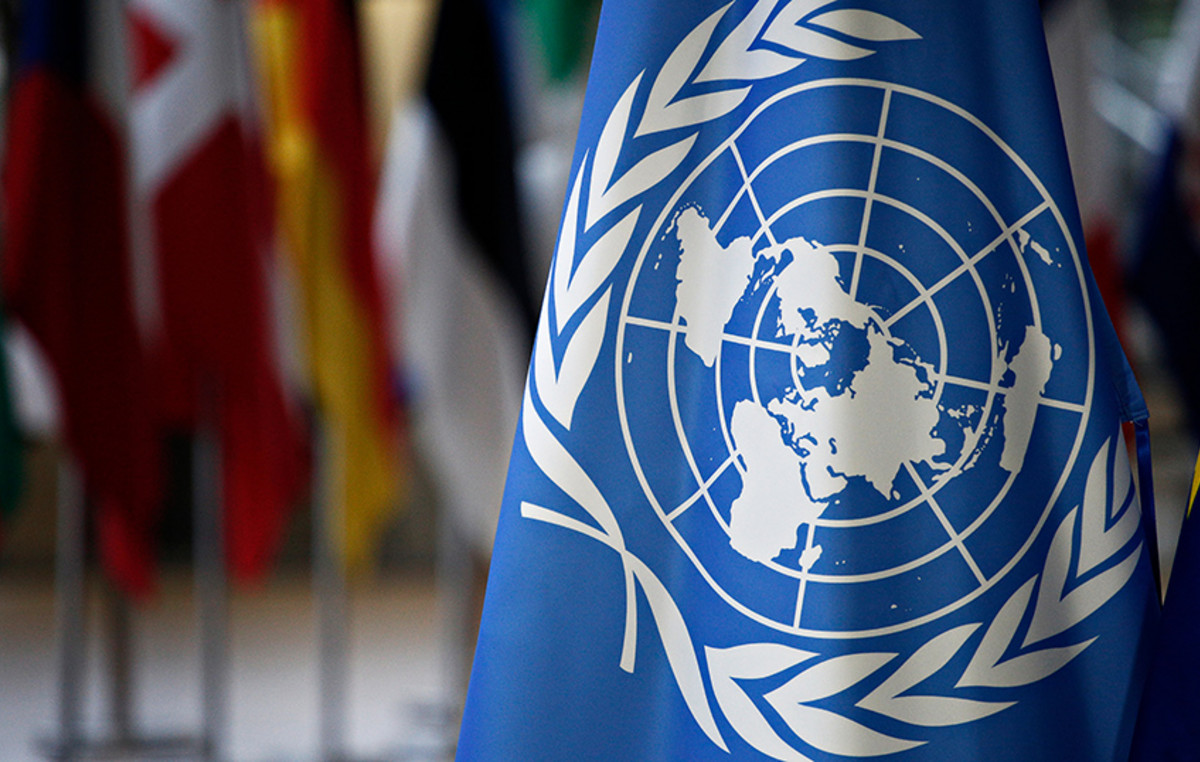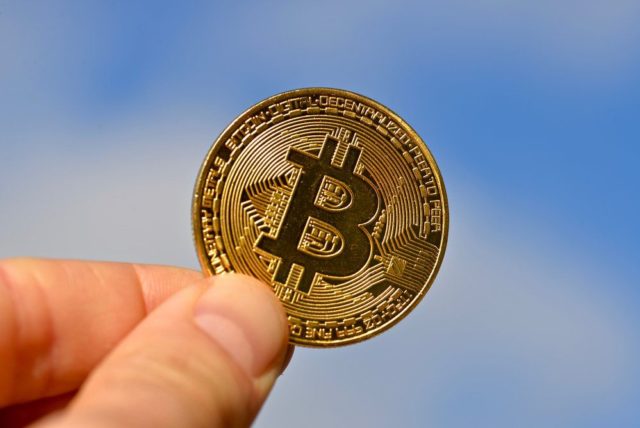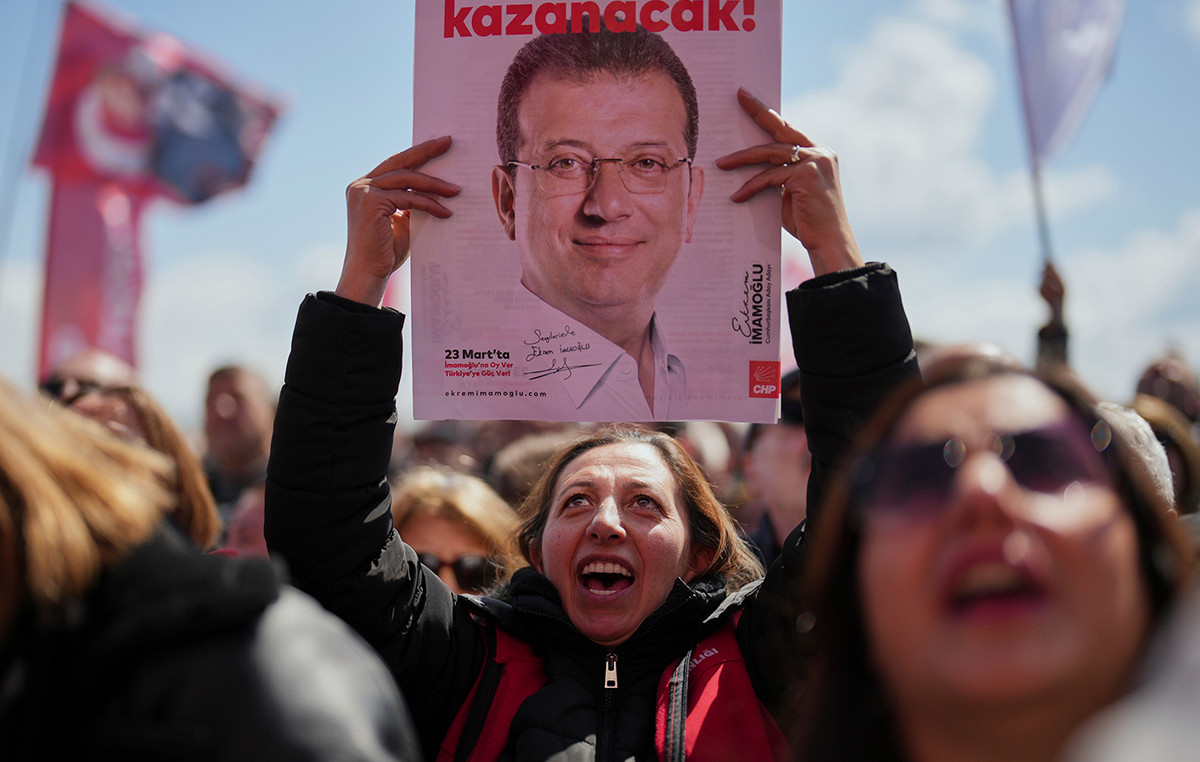
Extreme temperatures – very hot or very cold – fuel aggressive behavior and hateful messages on social media, shows a new German study on Twitter.
Researchers from the Potsdam Institute for Climate Impact Research, led by Leonie Wentz, who published in the international health journal The Lancet Planetary Health, analyzed more than four billion tweets on Twitter between 2014 and 2020. Correlating with the help of artificial intelligence the content of the “tweets” with meteorological data, they found that both in absolute number and in percentage the messages of hate and aggression show an increasing trend when the temperature deviates from the usual levels.
“People tend to display more aggressive online behavior when the weather is either very cold or very hot. Being the target of hate speech in Internet, constitutes a serious threat to his mental health. The psychological literature tells us that online hate can exacerbate mental health disorders, especially in young people and marginalized groups,” researcher Annika Stechemeser said.
“We see e.g. that outside the temperature “window” which one usually feels good, i.e. 12 to 21 degrees Celsiusthe online hate ratio increases up to 12.5% for the coldest temperatures (-6 to -3 degrees) and up to 22% for the hottest in the US (42-45 degrees),” he added.
This “window” is not the same for all countries, but varies according to the climate zone and depends on what the usual average temperatures are. However, it was found that temperatures above 30 degrees Celsius they are more broadly associated with a noticeable increase in hate speech across climate zones, regardless of income levels, religious and political beliefs.
Climatic conditions affect behavior
Hate speech, according to the official United Nations definition, is language that discriminates against individuals or groups on the basis of their religion, nationality, ethnicity, race, colour, descent, sex or other identity factor .
“Even in high-income areas where people can have air conditioners and other options to deal with it heatwe observe an increase in hate speech on extremely hot days,” said Professor Anders Levermann of the Potsdam Institute and Columbia University in New York, APE-MPE reports.
“For centuries researchers have addressed the question of how climate conditions affect human behavior and social stability, which due to ongoing climate change is now more important than ever. Our findings highlight online hate speech as a new channel through which climate change can affect social cohesion and people’s mental health in general,” said researcher Leonie Wentz.
Source: News Beast
I’m Robert Neff, a professional writer and editor. I specialize in the entertainment section, providing up-to-date coverage on the latest developments in film, television and music. My work has been featured on World Stock Market and other prominent publications.







